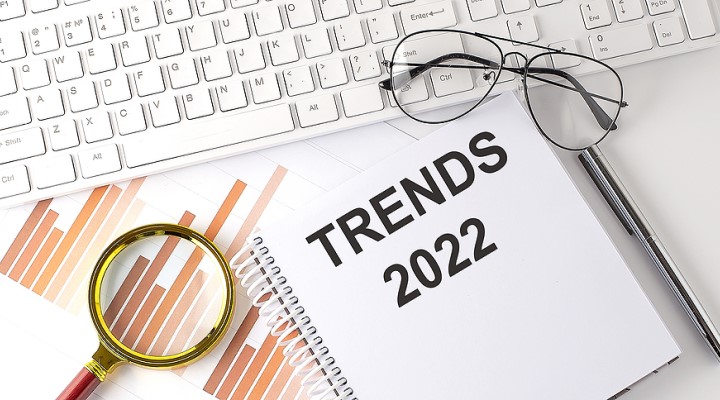Australian and New Zealand businesses have needed to build new levels of resilience in response to ongoing COVID-19 impacts. With continuous staffing and supply chain disruptions caused by the pandemic, businesses are now looking ahead to longer-term solutions that will help them meet the needs of a permanently changed business environment.
As a result, workplace flexibility, sustainability, and increased human collaboration with artificial intelligence (AI) are key trends that will shape organisations in 2022.
While businesses have always aimed to optimise the interaction between people, processes, and technology, there will be an increased focus on how AI will drive greater levels of employee safety, security, and productivity in a largely mobile and geographically distributed work environment. Tools and processes that deliver higher levels of employee satisfaction are also likely to dominate the work environment this year.
There are three big trends for Australian and New Zealand businesses in 2022.
1. Workplace flexibility is the new normal
Workers are feeling burnt out, so are demanding more from their employers in terms of workplace flexibility. The “Great Resignation” has underscored the need for an increased focus on employee sentiment, experience, retention, and wellness in the workplace.
To attract and retain employees, businesses must offer tools and processes that support workplace flexibility across every aspect of work. This includes the ability to conduct administrative and financial processes, such as spend management, at a time and on a device that suits the employee.
As well as benefiting employees, flexible workplace solutions benefit businesses with improved agility through real-time data insights that help inform budgets and business decision-making.
2. Safe, sustainable travel takes off
Amidst the latest COVID concerns, business travel is still slowly returning, led by domestic trips. The biggest change in employee travel is that more businesses are adopting clear policies regarding travel safety, disruptions, and changes. This relies on cloud-based communication platforms with real-time capabilities that continuously keep travellers informed and protected.
In 2022, there will be a growing demand for ‘bleisure’ travel, which lets business travellers add personal time onto their business trips, or work from a vacation destination. This requires much greater flexibility with business and travel processes than businesses have had in the past.
As well as safe travel, employees now expect their employers to implement carbon offsets with business travel. In the coming year, there will be a fundamental shift in how businesses respond to climate change, which will include more comprehensive sustainability reporting and the adoption of more eco-conscious travel.
3. The explosion of AI in the workplace
AI investments will be increasingly important for businesses to keep pace with the digital economy. Shifting to a mobile, distributed workplace depends on AI technologies that support communication and collaboration in the cloud. Gartner suggests there will be much greater interaction between humans and AI, with AI software revenue forecast to grow to US$62.5 billion in 2022, which is a 21.3 per cent increase on 2021.
This growth also encompasses AI investments to meet the need for greater levels of network performance, data security, and privacy.
Additionally, AI will perform a pivotal role in eliminating the pandemic transmission risk presented by paper-based, manual processes.
In 2020 and 2021, COVID-19 sent shockwaves through Australian and New Zealand businesses that found themselves operating in survival mode. In 2022, businesses will see a turning point where they are re-evaluating processes and tools and re-inventing the way they operate to build greater levels of resilience that supports future growth. These 2022 trends will extend far beyond this year and will, in fact, set the foundation for next-generation business models that will deliver ongoing business optimisation into the future.















